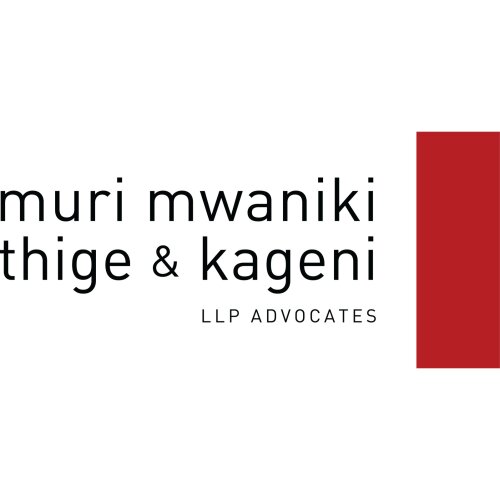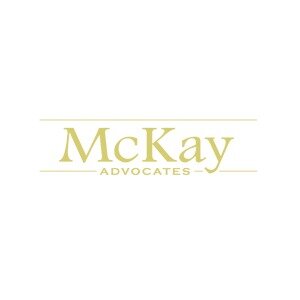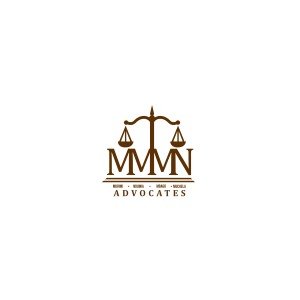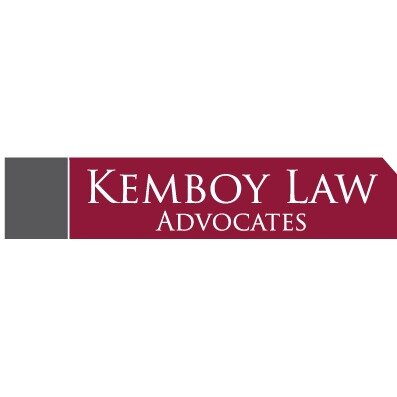About Bankruptcy Law in Kenya
Bankruptcy law in Kenya is primarily focused on providing individuals and businesses relief from their debt burdens when they are unable to meet their financial obligations. The Insolvency Act of 2015 addresses the procedures and legal framework through which personal bankruptcy and corporate insolvency are managed. The goal is to help rehabilitate insolvent debtors by allowing them to restructure or discharge their debts under court supervision. It offers a systematic approach for creditors to recover their dues while providing a fresh start for the debtor.
Why You May Need a Lawyer
Bankruptcy can be a complex process involving numerous legal considerations and procedures. Here are some common situations where legal help may be required:
- Understanding eligibility and implications of filing for bankruptcy.
- Completing the required documentation and adhering to strict deadlines.
- Navigating negotiations with creditors and representing interests in court.
- Seeking guidance on protecting assets and understanding exempt property under bankruptcy laws.
- Dealing with contested cases where creditors challenge the discharge of debts.
Local Laws Overview
The Insolvency Act of 2015 is the main legislation governing bankruptcy and insolvency in Kenya. Key features include:
- Bankruptcy Application: Debtors can apply to the High Court for a bankruptcy order, provided they meet specific criteria.
- Debt Relief Options: Includes voluntary arrangements, administration, and liquidation proceedings for businesses.
- Automatic Discharge: Individuals may be discharged from bankruptcy after three years, subject to conditions set forth by the law.
- Protection of Assets: Certain personal assets and pension funds may be protected from creditors.
- Creditors’ Meetings: Meetings may be convened to decide on the debtor’s proposed payment plan or restructuring.
Frequently Asked Questions
What is the first step to take if considering bankruptcy?
Consulting a qualified legal professional or financial advisor should be your first step to assess the feasibility and implications of filing for bankruptcy.
Who can file for bankruptcy in Kenya?
Both individuals and companies facing financial distress and insolvency can file for bankruptcy, provided they meet the legal criteria outlined in the Insolvency Act.
How long does it take to be discharged from bankruptcy?
An individual is generally discharged after three years, although the actual time can vary based on specific circumstances and compliance with court requirements.
Are all debts discharged in bankruptcy?
No, certain debts, such as child support, alimony, and some tax obligations, may not be discharged under bankruptcy law.
Can a debtor keep any assets after filing for bankruptcy?
Some personal assets may be exempt from liquidation, but the rules governing exemptions should be clarified with legal counsel.
What role do creditors play in a bankruptcy procedure?
Creditors can influence the outcome of bankruptcy arrangements by voting on proposals and attending creditors' meetings.
Will filing for bankruptcy affect my credit rating?
Yes, bankruptcy will negatively affect your credit rating, making it more difficult to obtain credit in the future.
Can bankruptcy stop legal actions by creditors?
Once a bankruptcy order is made, creditors are generally barred from pursuing further legal action regarding the debts involved in the order.
What happens to a company's employees if it goes into liquidation?
Employees may be entitled to certain compensation as preferential creditors, but job security is typically threatened in such cases.
Is it possible to annul a bankruptcy order?
Yes, it is possible if the order is found to have been made on incorrect grounds or if debts are subsequently cleared.
Additional Resources
For further help and information, consider reaching out to the following:
- Office of the Official Receiver
- Law Society of Kenya for accredited bankruptcy lawyers
- Kenya Bankers Association for financial guidance
- Non-Governmental Organizations specializing in financial literacy and debt relief
Next Steps
If you believe you may need legal assistance with bankruptcy matters, consider the following steps:
- Seek an initial consultation with a bankruptcy lawyer to discuss your situation.
- Gather and organize all relevant financial documents, including income, debts, assets, and liabilities.
- Consider attending workshops or financial counseling sessions to better understand debt management.
- Evaluate all debt relief options thoroughly before proceeding with bankruptcy as a last resort.
Lawzana helps you find the best lawyers and law firms in Kenya through a curated and pre-screened list of qualified legal professionals. Our platform offers rankings and detailed profiles of attorneys and law firms, allowing you to compare based on practice areas, including Bankruptcy, experience, and client feedback.
Each profile includes a description of the firm's areas of practice, client reviews, team members and partners, year of establishment, spoken languages, office locations, contact information, social media presence, and any published articles or resources. Most firms on our platform speak English and are experienced in both local and international legal matters.
Get a quote from top-rated law firms in Kenya — quickly, securely, and without unnecessary hassle.
Disclaimer:
The information provided on this page is for general informational purposes only and does not constitute legal advice. While we strive to ensure the accuracy and relevance of the content, legal information may change over time, and interpretations of the law can vary. You should always consult with a qualified legal professional for advice specific to your situation.
We disclaim all liability for actions taken or not taken based on the content of this page. If you believe any information is incorrect or outdated, please contact us, and we will review and update it where appropriate.

















